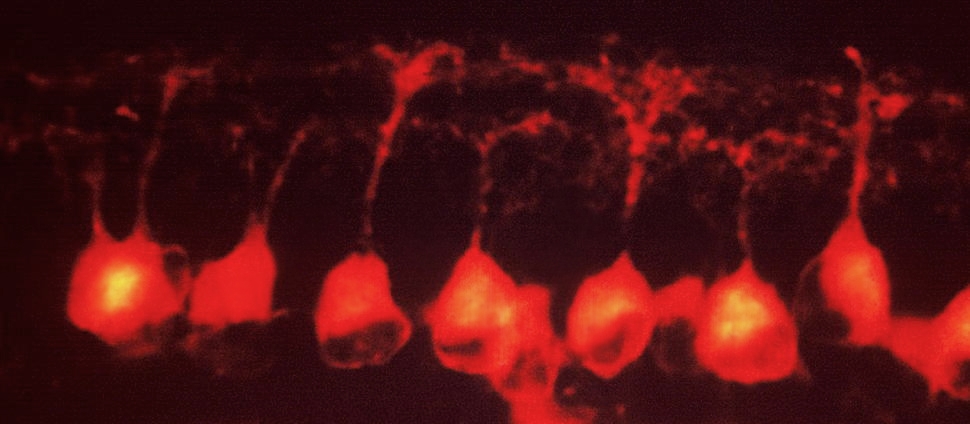Document Type
Article
Publication Date
12-1-2021
Publication Title
Biological Psychiatry Global Open Science
Abstract
Background: Adolescence is a period of increased vulnerability for internalizing problems, particularly following stressful life events. We examined how emotion regulation and brain structure and function were associated with internalizing problems during the COVID-19 pandemic and moderated the association between pandemic-related stressors and internalizing problems. Methods: Data are from a longitudinal sample (N = 145, age range, 10–15 years) strategically assessed at 3 crucial time points: before the COVID-19 pandemic, early during the stay-at-home order period, and again 6 months later. We examined associations of amygdala and hippocampal volume and amygdala activation during an emotional processing task before the pandemic, examined use of emotion regulation strategies before and during the pandemic, and examined pandemic-related stressors with internalizing problems. Results: Greater exposure to pandemic-related stressors was associated with higher internalizing problems both early and later in the COVID-19 pandemic. Youths who reported more frequent use of rumination before the pandemic and higher use of expressive suppression and lower use of cognitive reappraisal early in the pandemic had higher internalizing problems early in the pandemic. Higher left amygdala activation to neutral relative to fearful faces before the pandemic was associated with greater internalizing problems and a stronger link between pandemic-related stressors and internalizing problems early in the pandemic. Conclusions: Stressors related to the COVID-19 pandemic are strongly associated with adolescent internalizing problems, as are individual differences in emotional reactivity and regulation and their underlying neural mechanisms. Interventions that reduce pandemic-related stressors and foster adaptive emotion regulation skills may protect against adolescent psychopathology during this period of heightened exposure to stress.
Keywords
Amygdala, Cognitive reappraisal, Expressive suppression, Hippocampus, Psychopathology, Rumination
Volume
1
Issue
4
First Page
272
Last Page
282
DOI
10.1016/j.bpsgos.2021.06.001
Creative Commons License

This work is licensed under a Creative Commons Attribution 4.0 International License.
Rights
© 2021 The Authors
Version
Version of Record
Recommended Citation
Weissman, David G.; Rodman, Alexandra M.; Rosen, Maya L.; Kasparek, Steven; Mayes, Makeda; Sheridan, Margaret A.; Lengua, Lilliana J.; Meltzoff, Andrew N.; and McLaughlin, Katie A., "Contributions of Emotion Regulation and Brain Structure and Function to Adolescent Internalizing Problems and Stress Vulnerability During the COVID-19 Pandemic: A Longitudinal Study" (2021). Neuroscience: Faculty Publications, Smith College, Northampton, MA.
https://scholarworks.smith.edu/nsc_facpubs/126


